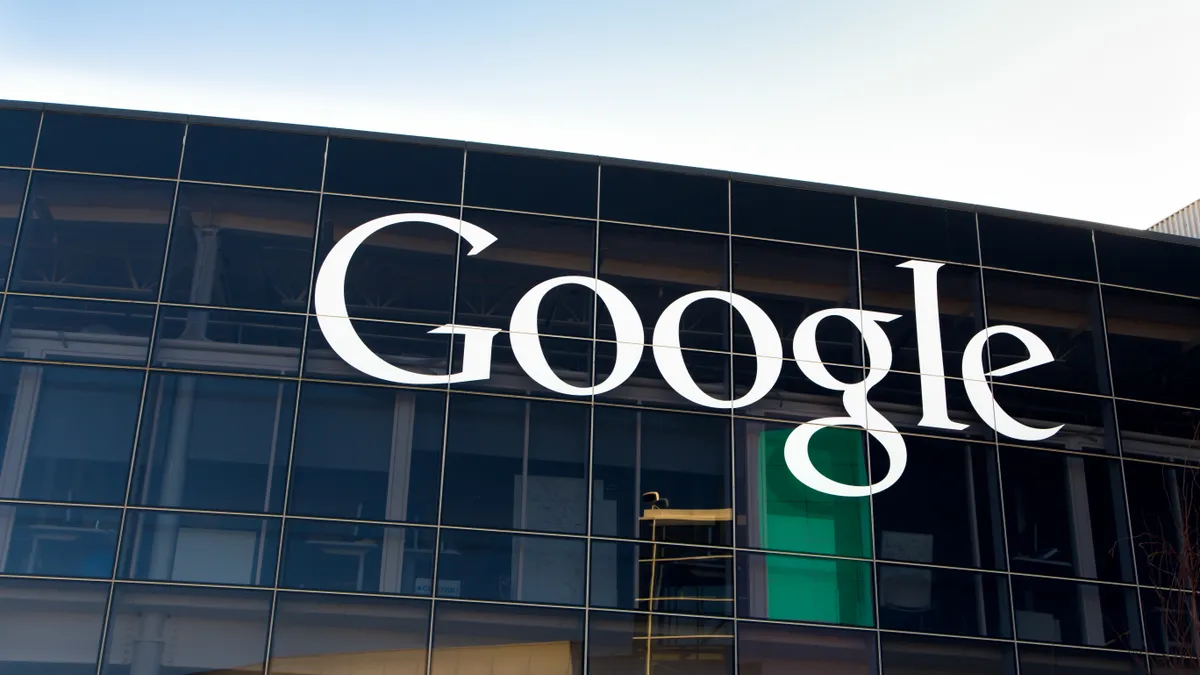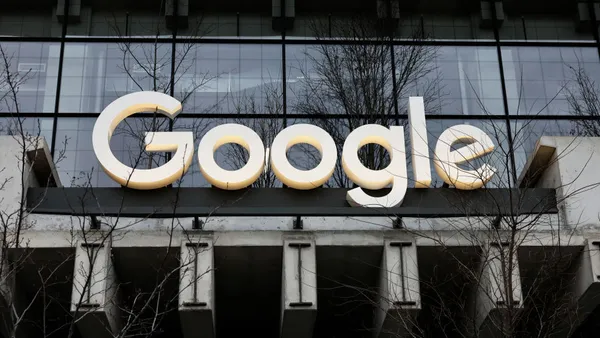Dive Brief:
- Google has made changes to its publisher content violation policy based on feedback from publishers, per a company blog post.
- The two updates include new technology for policy violations at the page level meaning offending content will cause ads to be removed from the page where it appears rather than removing ads from the publisher’s entire website. For what Google described as “egregious or persistent violations” publishers still face possible termination from the AdSense program. The second update is a new Policy Center for AdSense publishers to provide information about policy actions that affect their websites.
- The updates should roll out to all AdSense publishers within the next few weeks, according to the blog post.
Dive Insight:
Google has been actively addressing how to create a safer environment for brands, who have gone as far as to boycott platforms like YouTube when their ads appear next to hate speech, fake news and low-quality content. Google's focus has been on brands but there are indications that concern around brand safety could be hurting legitimate publishers and content creators, an important part of the digital media ecosystem. Recent research shows some YouTube creators have experienced double-digital revenue declines since the brouhaha around brand safety started escalating. Under these circumstances, Google's new AdSense policy may be an attempt to make sure publishers continue to earn money from ads while still ensuring that brands have a safe place for their messaging.
The announcement around additional transparency for AdSense publishers and content violations comes weeks after Google faced a boycott of its YouTube platform as well as other ad products by an international group of brands and agencies. An issue that was triggered by a U.K. advertiser noticing its ads were appearing next to offensive content toward the end of March. Google’s problems quickly spread worldwide and pulled in major advertisers like P&G, ATT&T, GM, Walmart and PepsiCo. In fact, ad analytics platform MediaRadar estimated the issue cost YouTube 5% of its top North American advertisers in April.
Since that time Google has been actively making changes to its advertising policies, including temporarily pausing TrueView Discovery ads on mobile YouTube searches and “related video” recommendations on the platform while it continues to work on brand safety measures.
One positive that can be found in the entire issue is it has forced both Google and digital marketers to take a closer look at the entire digital ad ecosystem, including the role of publishers. Google’s new AdSense policies should provide publishers with more transparency as well as a less-punitive response to content violations that might not be the norm for an entire website.














